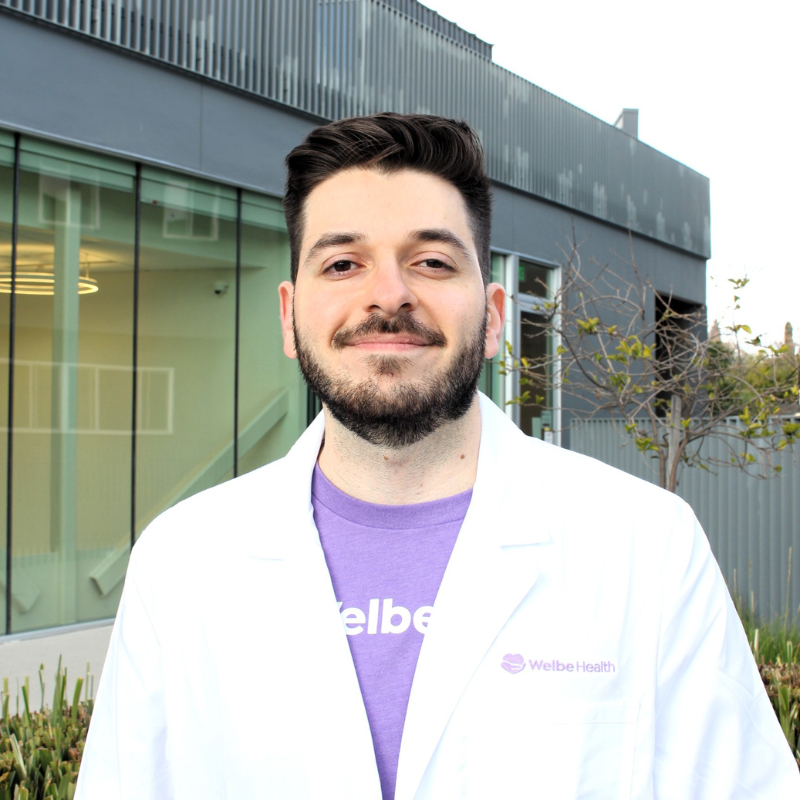Alcohol and Brain Fog
After years filled with social events and celebrations, some individuals may have an unexpected challenge: dealing with alcohol dependency in their later years. Overcoming alcohol addiction is an achievement for anyone, but it can be a very difficult journey.
While giving up alcohol is an important step towards improved health, seniors may face new challenges related to “brain fog” or mental confusion. In this blog post, we will explore the causes of brain fog after quitting drinking, how it affects seniors, and what steps can be taken to overcome it.
How quitting alcohol causes brain fog:
Alcohol serves as a depressant, which means it slows down the activity of the central nervous system. When seniors suddenly stop drinking, they may experience too much brain activity, which can cause mental fogginess, dizziness, and memory problems. Also, withdrawal symptoms such as headaches, nausea, and vomiting can add to the mental fog.
The effects of brain fog on seniors:
Mental fog can be a big issue in seniors’ daily lives. They may struggle with making decisions, staying focused, and remembering simple things. In some cases, it may impact their quality of life and ability to perform basic functions related to personal care and safety.
Steps seniors can take to improve mental clarity:
The good news is that brain fog after quitting alcohol can be treated. One potential solution is to increase physical activity, which can help improve blood flow to the brain and promote mental clarity. Another step is to improve sleep patterns- seniors should get seven to eight hours of sleep each night, as this can help promote healing. Cognitive exercises, such as puzzles or crosswords, can also be a useful way to improve memory and mental agility.
Seeking professional help:
If seniors find their mental fog persists despite these steps, it may be time to consult with a medical professional. Doctors can help patients manage their symptoms. Support groups, such as Alcoholics Anonymous, offer a social support system and can be helpful in providing a sense of community.
Overcoming mental fog: a gradual process:
It’s important to remember that overcoming mental fog is a slow process that takes time and patience. Seniors should commit to their sobriety, stay positive, and look for support from loved ones. With the right tools and support, seniors can gain mental clarity, improve their quality of life, and enjoy their golden years to the fullest.
Quitting drinking can be a significant achievement, but seniors may face new challenges related to mental fog. However, with proper support and guidance, seniors can overcome this obstacle and regain their mental clarity. Seniors should be patient and persistent as they work towards improving their mental health. Remember, seeking help is always a sign of strength, and there are many resources available to seniors in need.
It’s your life. Live it your way.
WelbeHealth provides full-service healthcare and personalized support to help you age well at home and in your community. Our Program of All-Inclusive Care for the Elderly (PACE) meets the changing needs of seniors, often at no cost. To see if you qualify, call: (888) 750-0248 | TTY 711 or visit: welbehealth.com/contact



































































